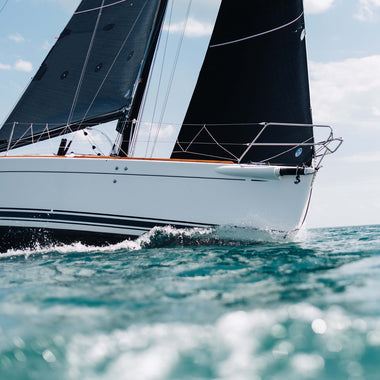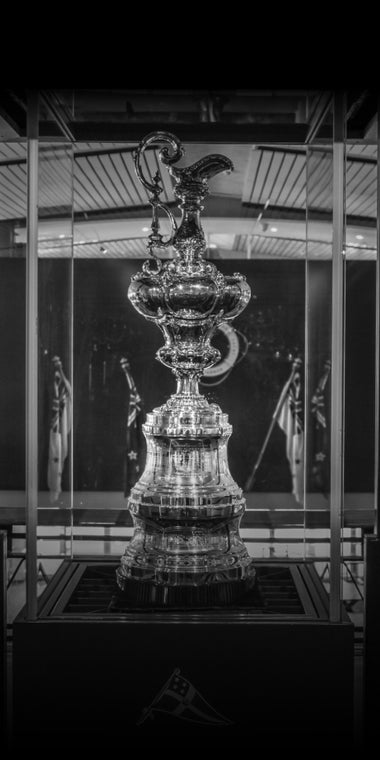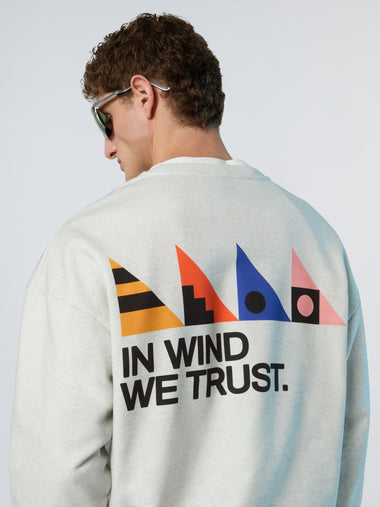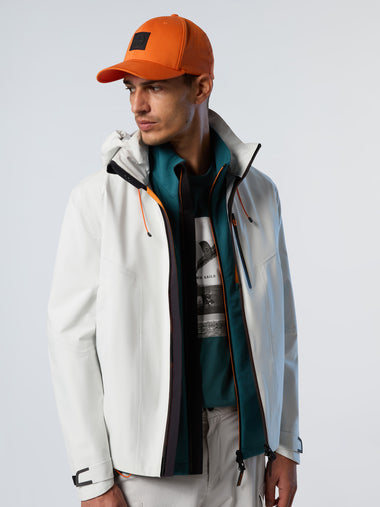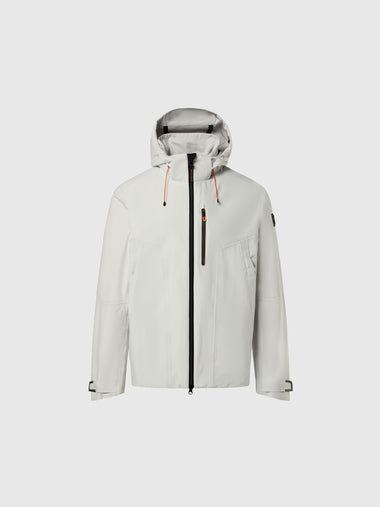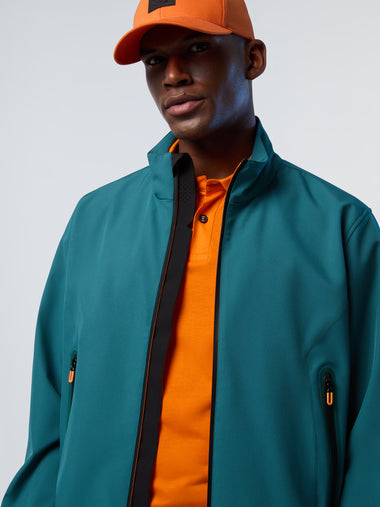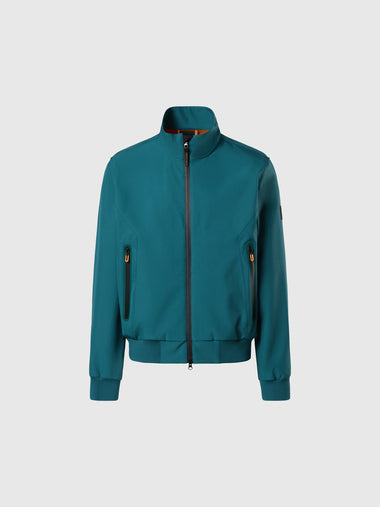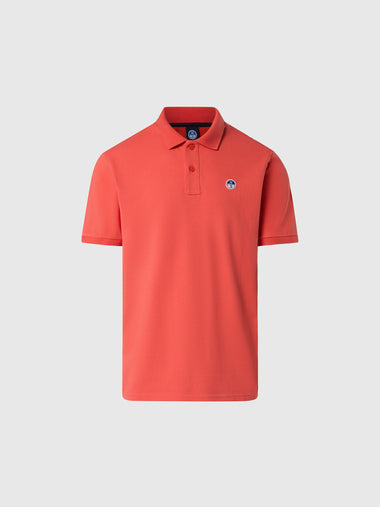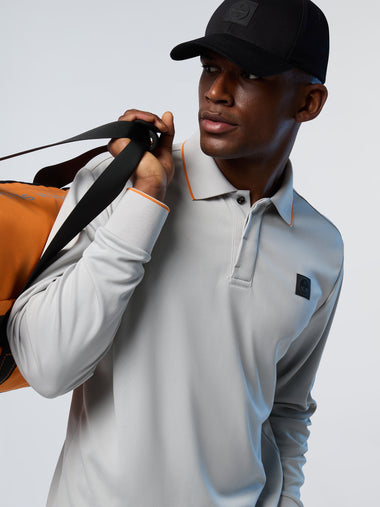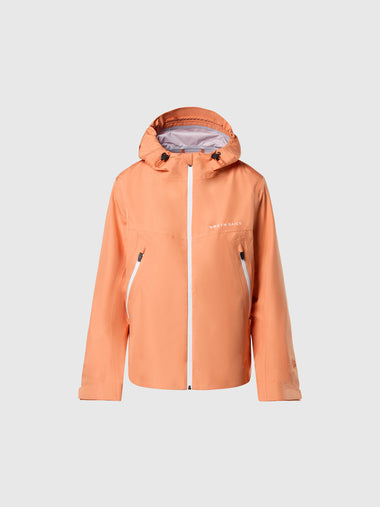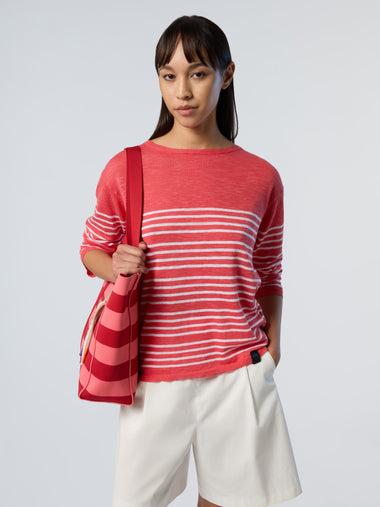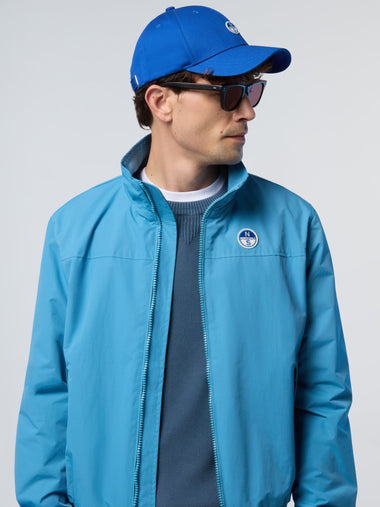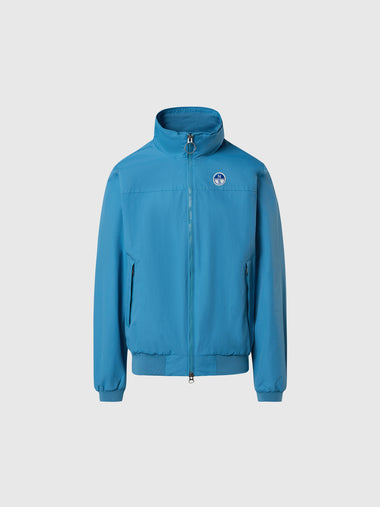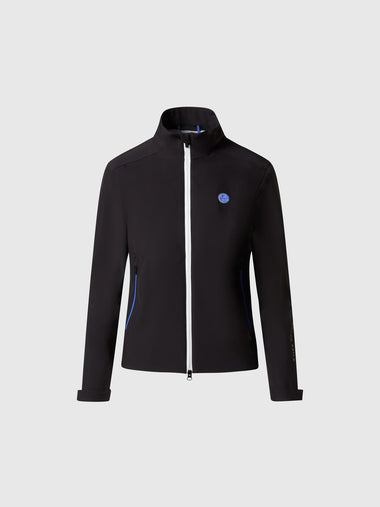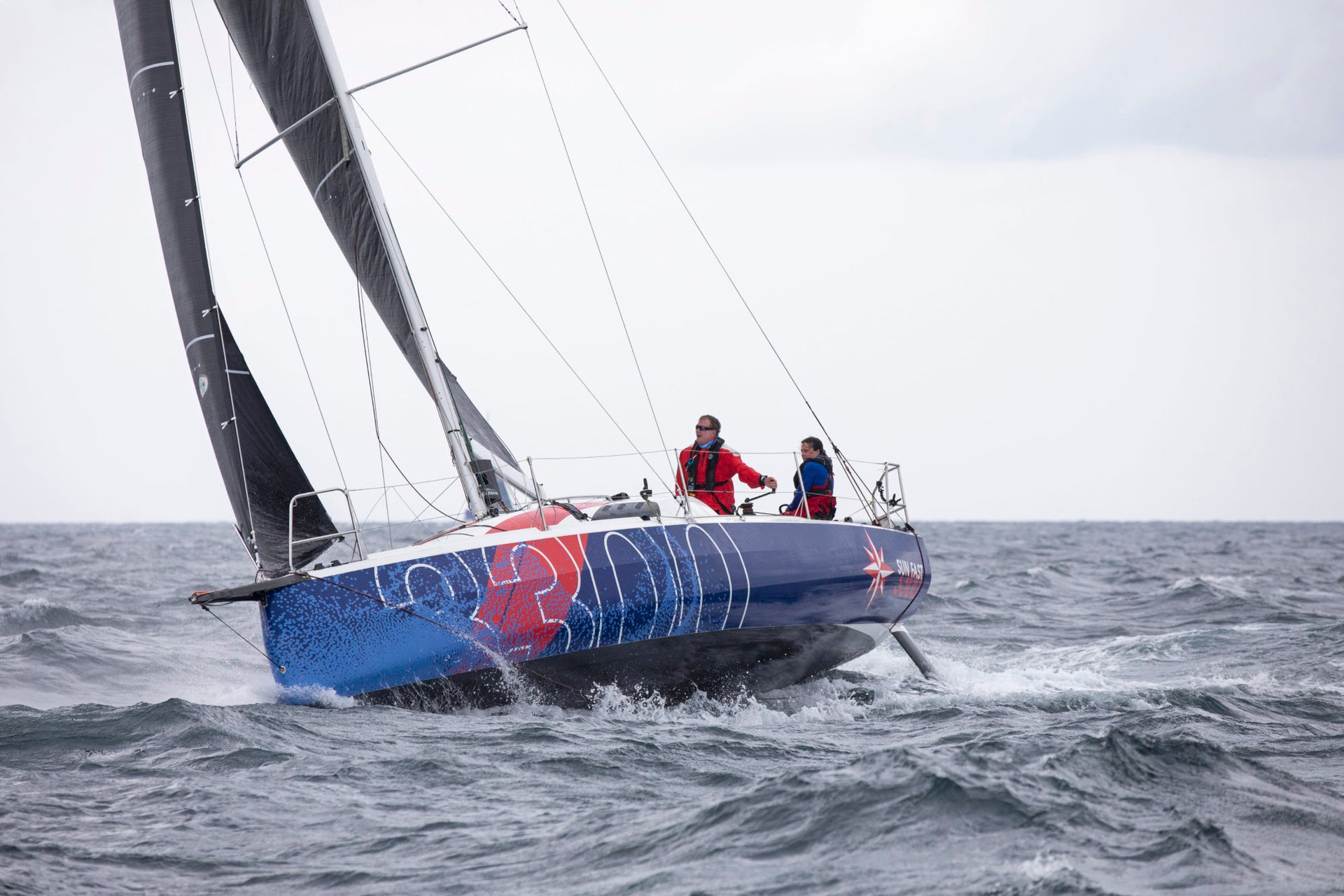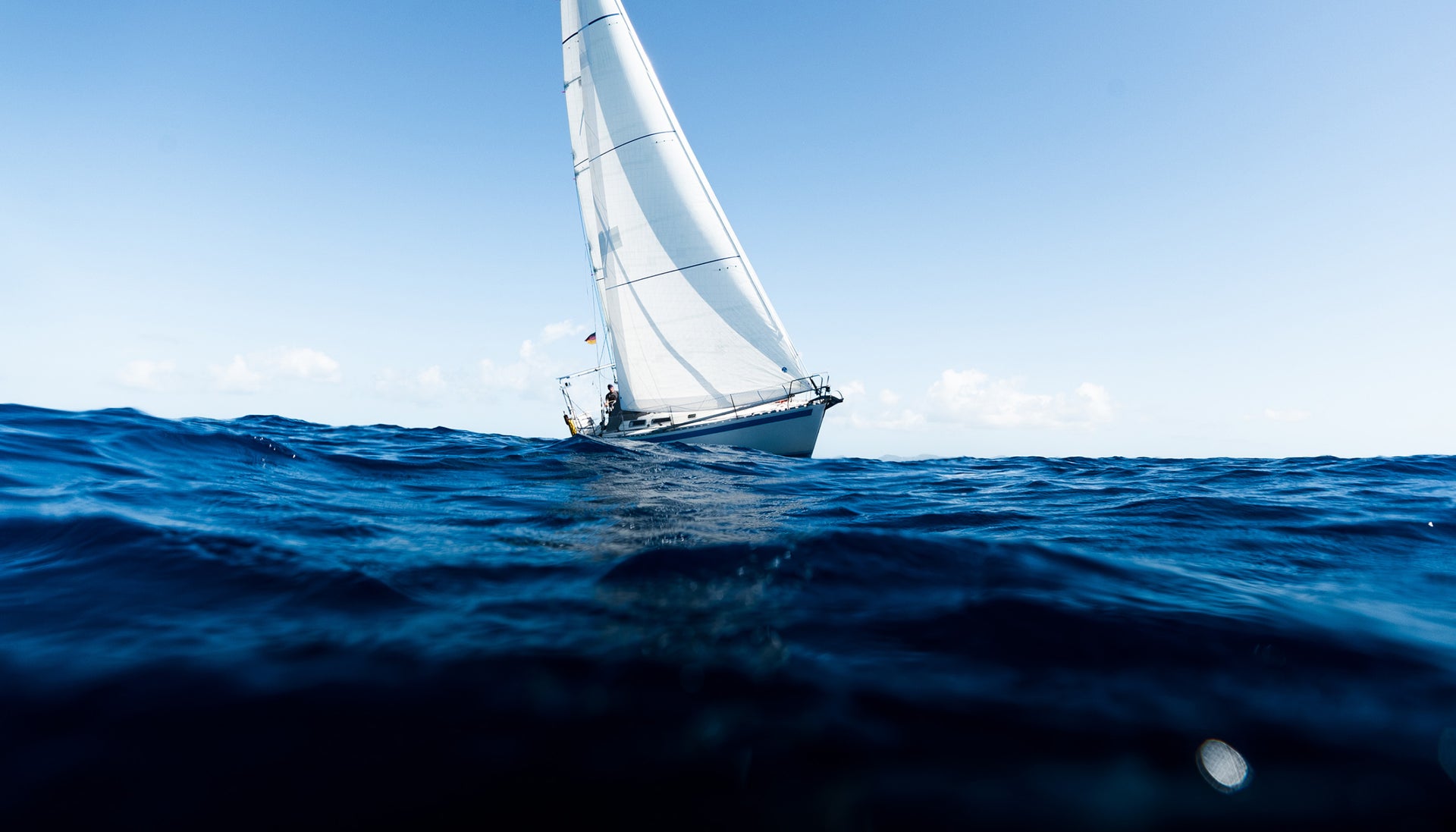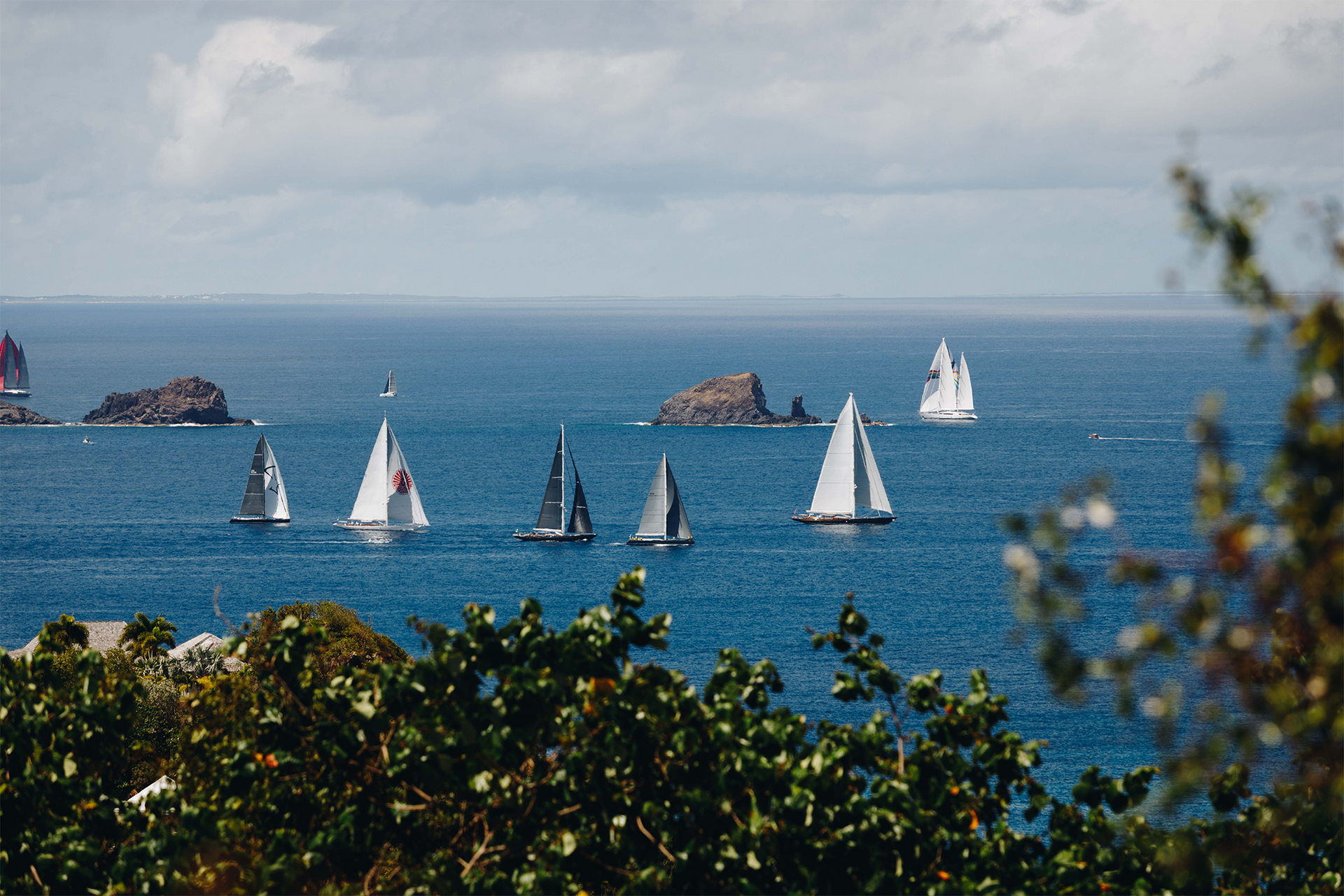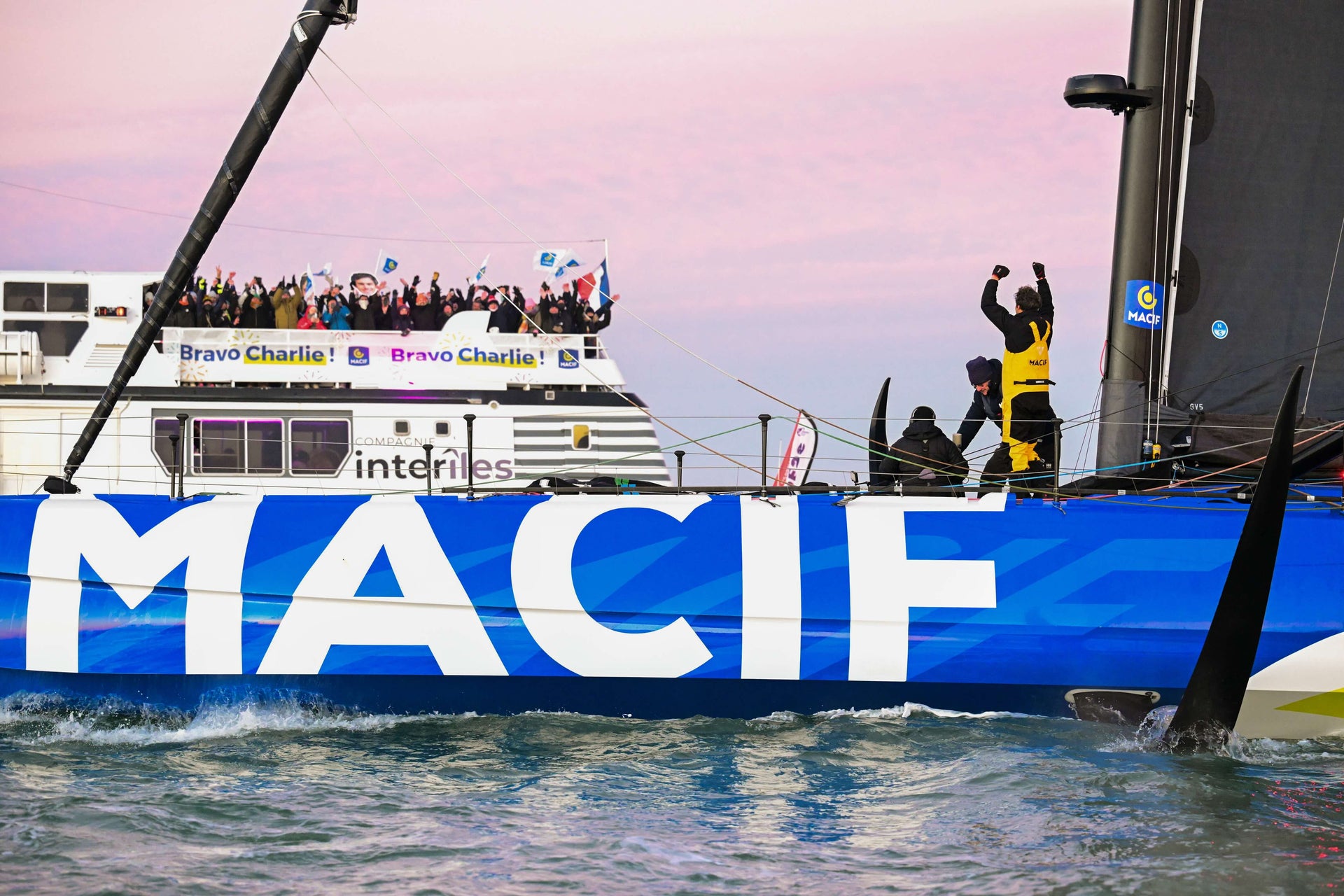DOUBLEHANDED TEAMWORK
DOUBLEHANDED TEAMWORK
Ken Read and Suzy Leech Share Their Latest Insights

Balancing team members’ strengths is a vital part of taking on double-handed offshore sailing. After days offshore as a pair, with Ken Read as skipper and Suzy Leech as tactician share the secrets that make their partnership a success on the racecourse. Click here to watch the team debrief their summer of racing and win in the Ida Lewis Distance Race.
NS: How do you make navigational decisions as a team?
Leech: Partnership is key- both crew need to know how to navigate. Teach your partner. Each person should do their own homework. Then come together and have a discussion.
Read: We split the macro and micro navigation. I was primarily the question asker for specific micro navigation/tactical questions and Suzy would spend the time pouring through the data looking for the answers. And she was great at making sure we didn’t end up on the beach!

NS: What about race preparation? What are you doing before the start line?
Leech: Preparation is even more important when sailing double-handed, use the season of training data … weeks of weather observations (which model is accurate this season), days of routing… keeps you oriented, especially when you don’t have time to calibrate.
Read: Especially for these 24-hour races, it is imperative to leave the dock with a very clear view of the racecourse and the expected weather and sail choices for the racecourse. Fully crewed, you can pour over data and make decisions on the fly. Often we had some pretty straight forward preconceived notions of what was next and that certainly was a benefit in a 24-hour race.
Leech: Make safe gains… No big flyers.
Read: We thought we would be pretty fast and well prepared and there was really no need to be crazy. No question knowing the area of Rhode Island Sound helped the two races this summer. A lot of tidal features around Block Island for example and it certainly helped having sailed around there for 40 years!
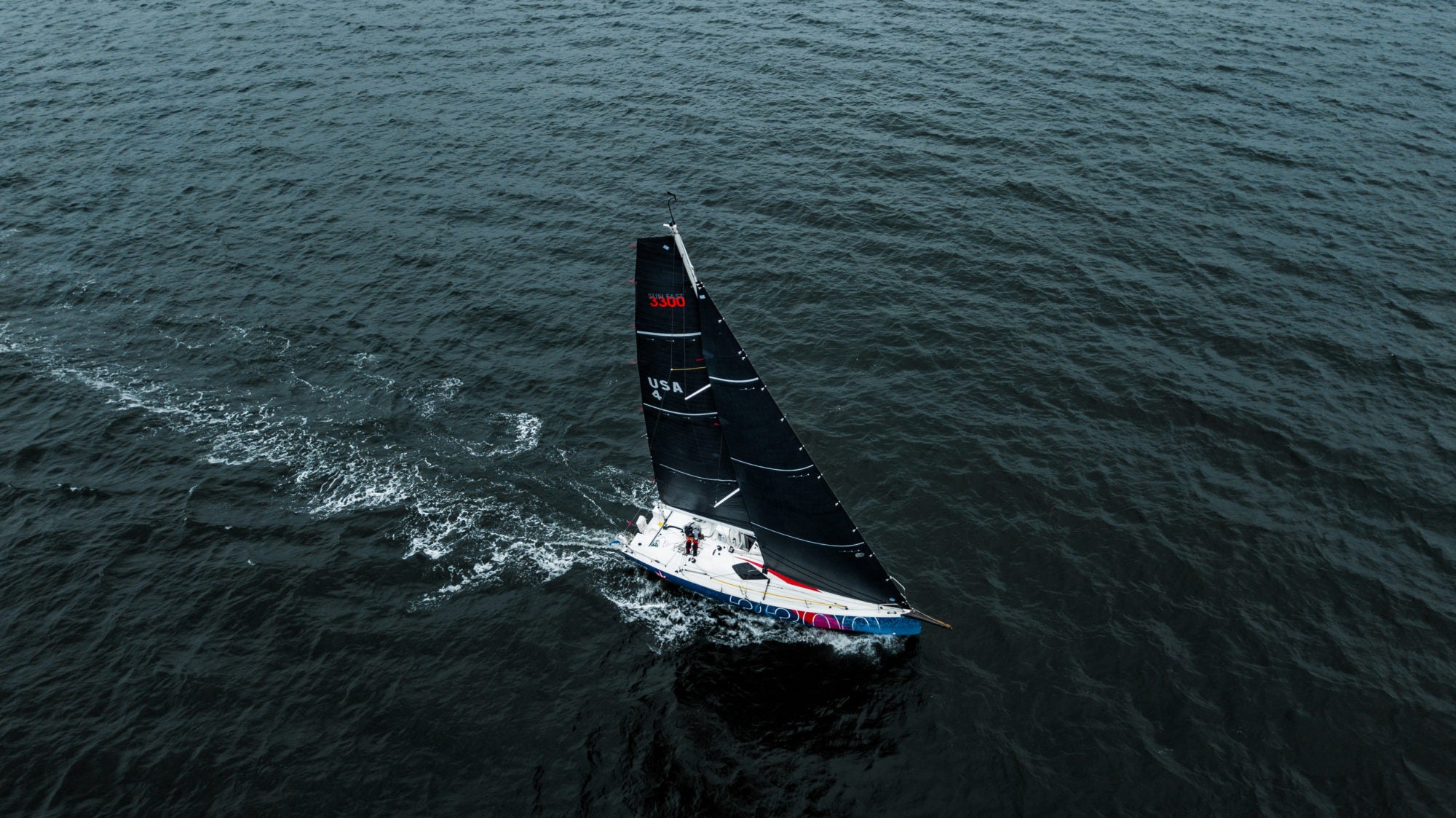
NS: How do you deal with something unexpected during the race? How do you prevent mistakes?
Leech: When you are sailing, take the time to check, before the quick answer, especially when tired.
Read: Being tired is the enemy of any race. Any distance. As well as food and water consumption. For sure we have gotten better at making sure we stay hydrated and there is enough food in us. This is key. And prepping with the right clothing. For sure with Suzy and I, we fell into the boat speed vs boat handling/nav roles. Just happens to be what we probably do best. There is no doubt in my mind that we would have to get better at the other person’s role, though as the longer the race the more the other person has to do more.
Leech: Remember to stick to your guns – trust your gut (e.g. on the way home, current around Point Judith was ripping… based on homework done, should have given wider berth).
Read: I think that was tired brains after a long night with zero sleep! These things happen. You have to be prepared and know where you are in the fleet scoring at the time. We thought we were pretty safely ahead on corrected time at that stage so we probably mentally fell asleep for a bit there.
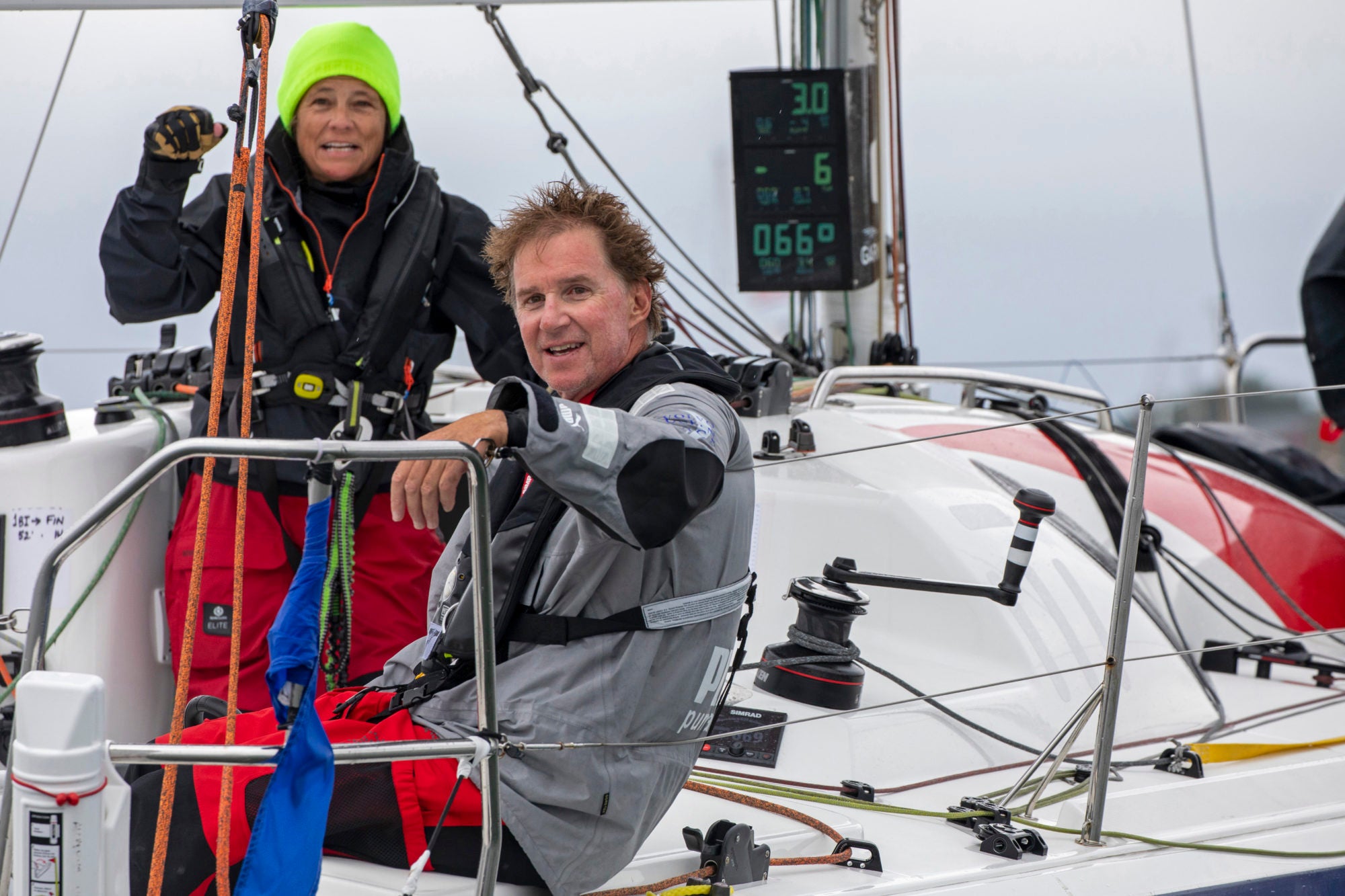
Leech: Look at trends … forecasts may be off, but which one has been closest? What trend does it indicate will happen next?
Read: It’s normal boat racing, really. Know the course, know the anticipated weather per leg, know the competition, know the strengths and weaknesses of your boat and sail inventory, and work within all of the above.
Leech: Stick with the game plan! And know your competition.
